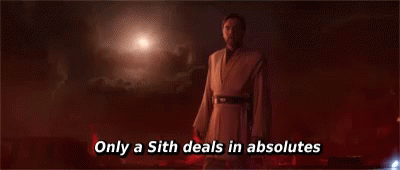And here's another set of consequences, which I'm sure the attorneys like
@DMoney and
@AtlAtty will opine on. if that ruling stands (which is more probable than not) and the athletes are truly employees, they would have all the rights attendant thereto. and so would the schools as employers.
Sure, there could be a union and collective bargaining, but that doesn't change the fact that this means individual schools will be able to set their own rules in privity of contract which each player/employee on:
- Who is eligible to play --- do they even need to be a full time student?
- What GPA or standards of academics are required --- no minimum academic coursework or achievement necessary, that's at the school's discretion
- Who is accepted to the college and what those high school prerequisites are --- the school decides if they even need certain HS classes or grades
- How much the student (employee) will be paid --- no salary cap or conditions
- When they will be paid --- before or after enrollment, pensions, and deferred comp are on the table
- What fringe/employee benefits can or will be provided --- who has a better health plan and more paid vacation, OSU or UM?
- What they can pay to induce attendance and how much --- housing allowance, payments for visits, and signing bonuses
- What non-competes they can or will enter into --- sign with us, you can't transfer to an instate school ... or maybe we agree you can as an inducement?
- Whether the employee will be required to join a union (answer is no in a right to work state like Florida and 25 others)
The only thing that will govern is the laws of commercial contracts. End of story.
And by the way, here’s one more critical thing to consider:
if an act or policy of the NCAA is deemed illegal or anticompetitive, then it will be as equally problematic for conferences. The power of conferences to establish and enforce anticompetitive rules is also done. There’s no such thing as probation or enforcement for violating recruiting, academic eligibility, or NIL rules. That’s history. It’s in the hands of each of the schools to do as they see fit, as long as the contracts don't breach federal or state employment laws.
to say that we are about to walk through a colossal sh*tstorm is an understatement of the decade.


